Energy Bites Seminar April 6, 2023

Thursday, April 6, 2023 | 12PM-1PM Smart & Clean Exterior Lighting for the Community Nicole Hathaway, CLTC CLTC TOUR Watch Presentation
Are Southern California students and teachers breathing clean air?
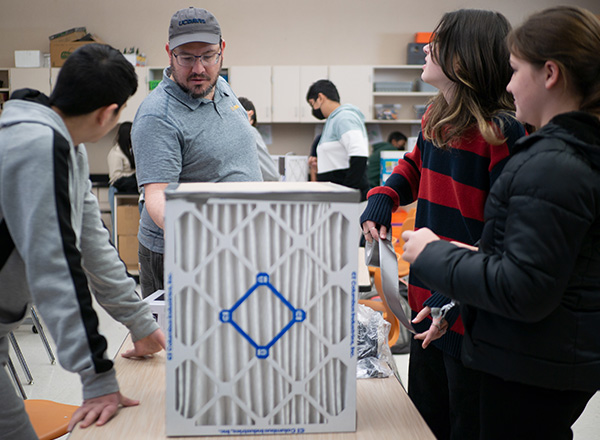
New laws and funding push ventilation to boost air quality and slow spread of COVID-19. But experts cite too many loopholes and not enough consistency.
Fighting Climate Change with Heat Pumps
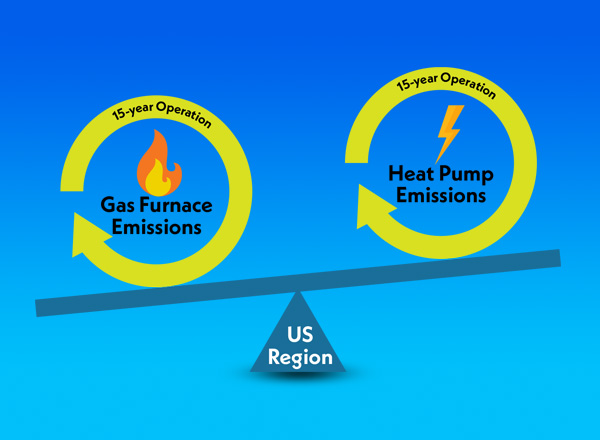
Western Cooling Efficiency Center research featured in an article published by the Energy Institute at Haas. Replacing your home HVAC system with a new heat pump reduces carbon emissions significantly. But when should you make the change?
Hydrogen Transportation Systems in California: Prospects and the State of Play
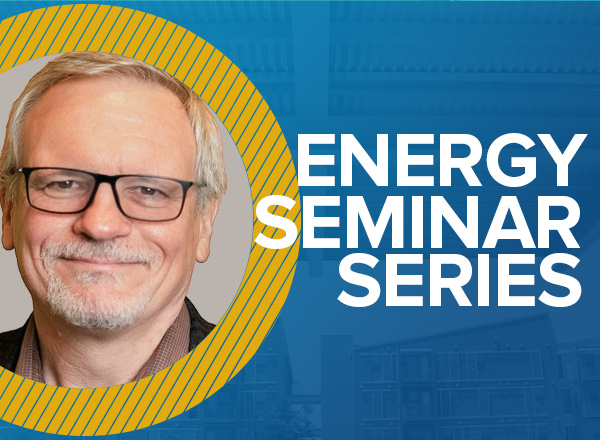
Friday, November 4, 2022 Lewis M. Fulton Director, STEPS (Sustainable Transportation Energy Pathways) Lewis Fulton has worked internationally in the field of transportation, energy, and environment analysis and policy development for over 25 years. He is Director of the Sustainable Transportation Energy Pathways Program (STEPS+) within the Institute of Transportation Studies at the University of […]
Alumni Panel

Friday, December 2, 2022 Alumni Panel: Kristen Bush, Rhys Davis Kristen Bush: Kristen Bush is an Engineer/Scientist I on the Electric Transportation team at the Electric Power Research Institute (EPRI). She currently assists with various projects with research topics including transportation equity, infrastructure design, and inventories related to medium- and heavy-duty electric vehicles. Prior to […]
Developing the Western US Power Grid through Markets
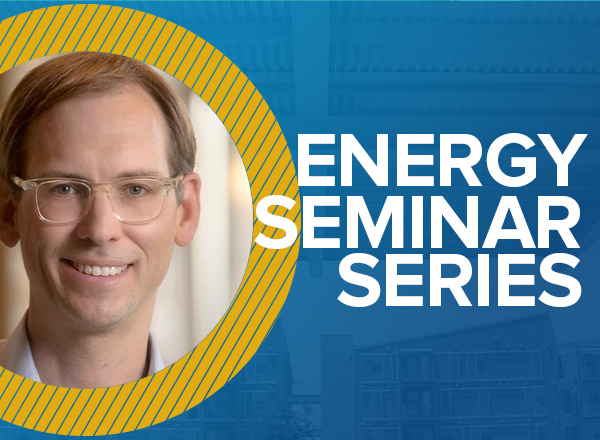
Electricity demand is growing across the Western United States as economies boom and the transition to electrified transportation and buildings begins. At the same time, state policies are rapidly transforming the mix of power generation sources, from fossil fueled to carbon free. The grid across the Western US has long been interconnected, but its operation […]
Accelerating the Just Energy Transition with Science and Policy
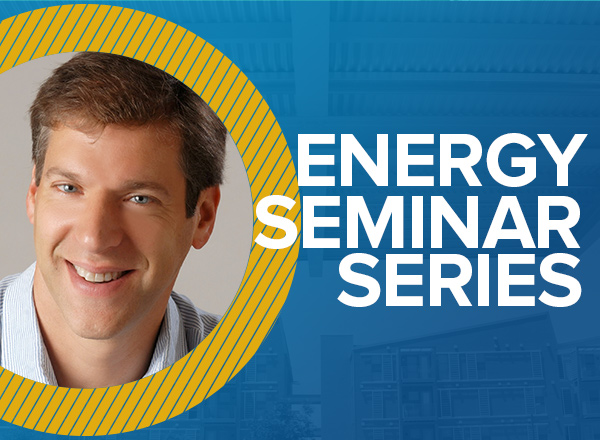
The climate emergency we face has prompted some nations, corporations, and many civil society organizations to greatly expand their decarbonization and climate protection actions. The paths to deeply decarbonizing local, national and regional economies requires innovations in a wide range of areas where new, sustainable, materials design, discovery, and implementation, and most notably highly interdisciplinary […]
Decarbonization and Local Air Pollution Disparities
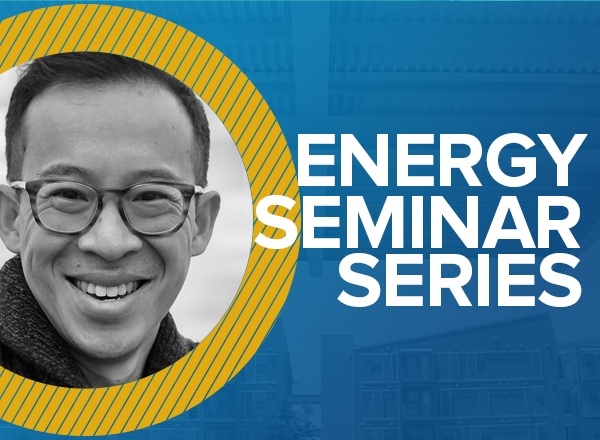
Climate change and social inequality are two of the world’s most pressing issues. They are also intricately linked. The imperative to address climate change is overlaid on a world that is already deeply unequal. A recent environmental justice literature documents systematic gaps in local air pollution concentrations between disadvantaged and other individuals. Because local air […]
EmPOWERing Global Change with Life Cycle Assessment: A Geographical Textured Approach
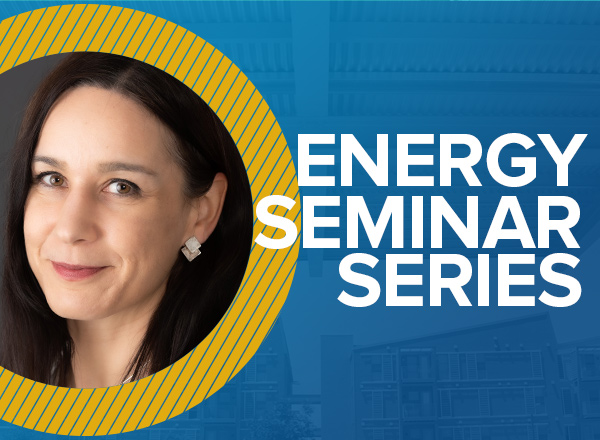
Life cycle assessment (LCA) is a cradle-to-grave quantitative tool that examines environmental burdens of products and processes from materials extraction through waste disposal. LCA is increasingly used in policy to reveal unintended consequences associated with decisions about energy products and their supply chains yet is often criticized for using uncertain inputs. While LCAs of electricity […]
Urban Energy Democracy: Investigating the Historical-Geographies of Atlanta’s Electricity Politics
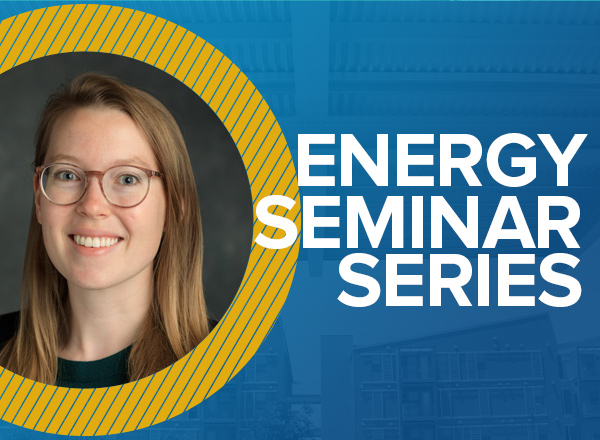
This talk considers how the historical-geographical emergence and evolution of Atlanta’s urban electricity networks influences contemporary energy democracy organizing. In 2017, Atlanta became the first major city in the U.S. South to adopt a 100% clean energy target to supply all electricity from renewable sources by 2035. Atlanta’s then-Mayor grounded this move in the long […]
